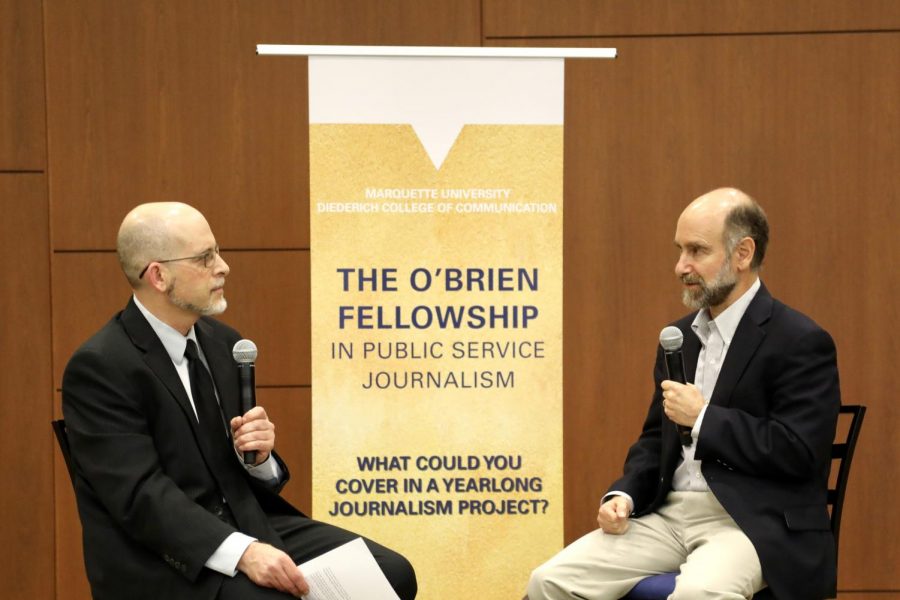Building on his campaign mantra of “Wisconsin is open for business,” Gov. Scott Walker has spent his first month in office trying to follow through on several pieces of legislation.
In his first month, Walker implemented five legislative pieces, introduced plans to conquer a $3.6 billion deficit and even named February “Green Bay Packers” month.
Additionally, he sped up construction on the Zoo Interchange and was named Chair of the National Governors Association’s Health and Human Services Committee, which plays a large role in health care reform.
The legislation passed included the elimination of taxes on health savings accounts, a reduction of frivolous lawsuits, the expansion of tax relocation and various reforms for small businesses.
So what did Walker say in response to his first month’s successes?
In his State of the State address last week, Walker highlighted the special session accomplishments, but mostly focused on the budget and job creation. He said Wisconsin is under an economic and fiscal crisis that demands immediate attention.
“We have two choices in dealing with the current budget challenges,” Walker said. “We can raise taxes, continue to hinder people with burdensome regulations and delay the difficult decisions; or we can do the hard work now and transform the way government operates.”
The most recent State Budget Office breakdown showed a $136.7 million deficit for the 2010-11 fiscal year. The next fiscal year’s budget is an estimated $3.6 billion deficit.
Besides the basic numbers, the state faces additional costs. According to the Legislative Fiscal Bureau, Wisconsin owes $200 million to the Injured Patients and Families Compensation Fund. The fund provides excess medical malpractice coverage to health care providers and makes funds available to compensate injured patients.
In response to the estimated budget numbers, Cullen Werwie, spokesperson for Walker, said in a statement that if action is not taken now, matters will only get worse.
“Without taking action to reduce the deficit in the current fiscal year, thousands of Wisconsin children and families could lose their health care coverage through BadgerCare,” he said. “And then there would need to be even more aggressive spending cuts in the future.”
Cutting spending is one way Walker plans to initiate a solution in his budget repair bill. He said there are currently two things that will not be included in the bill: tax increases and the raiding of segregated funds. A segregated fund holds specific revenue, and raiding occurs when that revenue is taken for unintended purposes.
Other than the budget, Walker also addressed unemployment. He recently introduced a regulatory reform bill that would lessen the government’s role in job creation.
“From talking with families and businesses across this great state, I sense a spirit that we can grow again when our people are free from government mandates, rules, regulations and taxes,” he said.
The next question for Walker is whether his progress has been effective and if it will continue.
Greg Borowski, editor of PolitiFact Wisconsin, said the “Walk-O-Meter” was created to monitor progress on more than 60 promises made during his campaign. He said thus far, 14 items have been rated, with seven as “Promises Kept,” six “In the Works” and one “Compromise.”
“With a Republican-controlled Legislature, he has a favorable environment to keep even more of his promises,” Borowski said. “However, many of the biggest ones — such as creating 250,000 jobs during his four-year term — remain to be worked on.”
Julia Azari, an assistant professor of political science, agreed that Walker’s success still remains to be seen. She said it depends mostly on whether or not the Republican Party maintains governmental control.
“Right now Walker is operating on what the people demanded during the election,” Azari said. “But there is typically a negative reaction when spending cuts begin to occur, so there’s no way of knowing how this all will play out.”

